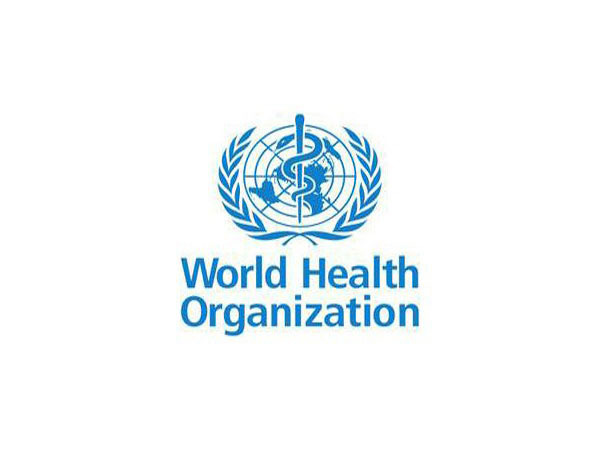
The world faces the fear of the next pandemic
Jun 03, 2024
Geneva [Switzerland], June 3: At the close of the World Health Assembly (WHA) session on June 1, the annual meeting that decides the policies of 194 member countries, WHA agreed to extend reaching an agreement until next year's meeting.
Efforts to reach a global agreement to strengthen the world's defenses against new pathogens, after Covid-19 sickened more than 700 million people and killed more than 7 million.
The two-year negotiation process ended on May 24 without reaching any final agreement, mainly due to disagreements between countries, with countries feeling lost during the Covid-19 pandemic. The disagreement centers around access in the context of a pandemic , including access to pathogens discovered and to prevention products such as vaccines based on that knowledge. In addition, the parties have not yet agreed on the equitable distribution not only of testing, treatment and vaccination measures but also of the means of producing them.
However, Mr. Tedros said that the parties agreeing to extend negotiations is a "historic decision", demonstrating a common desire to protect people and the world from the risk of future pandemics, as well as other threats. public health emergency . "The decision to finalize the pandemic agreement next year shows how strongly and urgently countries want it, because the next pandemic is a matter of when, not if." , he stated.
In addition, the WHA meeting also achieved notable progress, when members agreed to amend the International Health Regulations (IHR), a legally binding framework for response work. public health emergencies. According to AFP, the Covid-19 pandemic has exposed loopholes in regulations introduced in 1969 and last updated in 2005.
At the meeting, members agreed on introducing a new, higher alert level than a "state of pandemic emergency". This situation needs to be implemented before the pandemic develops fully, calling on member countries to coordinate and act quickly. Executive Director of WHO's Health Emergencies Program Michael Ryan gave the example of a house surrounded by wildfire. "Even though my house is not on fire, it is an emergency," he said.
Expert Ashley Bloomfield, co-chair of the dialogue on IHR revisions, said that experience through epidemics and pandemics, from Ebola and Zika to Covid-19 and monkeypox, shows that we need monitoring mechanisms, public health preparedness and response. According to Mr. Tedros, the IHR changes will strengthen the ability of countries to detect and respond to future outbreaks and pandemics by strengthening their own capacities and coordination with others. other countries.
Source: Thanh Nien Newspaper









